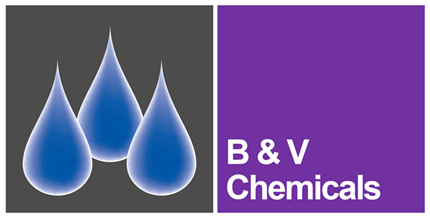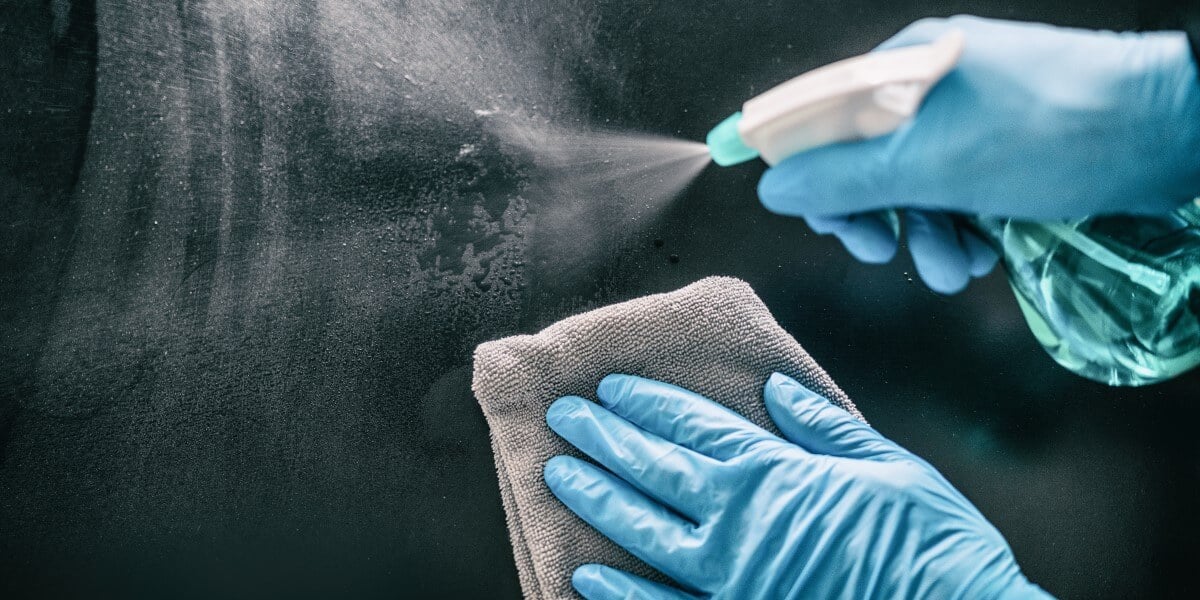Now we know what a virus is – how do we kill them?
Last week, we asked: “What is a virus?”. We commented that it is an agent that can cause disease, but it is not “alive” in the classic meaning of life. This time we are going to look at how we can kill it or more accurately, prevent it causing disease and mayhem. This is not only important for human health, but also in agriculture and farming as plant and animal husbandry pathogens can be extremely damaging.
How to kill viruses
Most strategies to fight viruses concentrate on those parts of the life cycle outside the host. Anything good enough to kill a virus is more than effective at killing or at least harming the host, too! So, attack needs to be concentrated on surfaces or in water in order to minimise the opportunity for the virus to come into contact with its potential host.
In common with all organisms, high temperature and low humidity result in increased mortality along with radiation, including UV. Freezing allows most viruses to remain stable and remain infective once thawed, so that is not a practical option. Antibiotics do not work since they involve the disruption of one or more specific reactions involved in growth or respiration – but viruses do not grow or respire!
Products which can oxidise the protein capsid and destroy it, exposing the viruses’ delicate nucleic acids to the chemical and thus making them unable to function are generally effective in killing viruses. Such oxidising chemicals include sodium hypochlorite and hydrogen peroxide. Indeed, an article in the Journal of Hospital Infection states that many human coronaviruses can be inactivated by surface disinfection with 0.5% hydrogen peroxide or 0.1% sodium hypochlorite within 1 minute.
Alcohol is effective against many viruses and is often used to disinfect items, but its flammability makes it difficult to use on large areas and it can attack non-metallic surfaces and degrease people’s skin. The alcohol content in hand sanitisers needs to be high for them to be effective; Public Health England has advised that hand sanitisers should have an alcohol content above 60% to be effective against COVID-19.
Perversely, soap, which can dissolve fats, to a certain degree, can interfere with the structure of many viruses, making them inactive, via a very simple procedure which is relatively non-aggressive. This is certainly true of the Coronavirus and why so much emphasis is placed on regular handwashing. The soap causes virus particles on the skin to be more easily lost and many of them to be denatured so that they are no longer infective.
Plants and fruits are also susceptible to viruses. ToBRFV (Tomato Brown Rugose Fruit Virus) for example, attacks tomatoes and peppers, destroying the crops. Although this virus was first discovered in 2014, the disease is now worldwide and is only combatted by applying the following principles:
- burning contaminated plants and practising strict hygiene on the seeds;
- growth media;
- equipment (including trays used for transportation);
- personnel handling the plants using chlorine (bleach) (sodium hypochlorite) and detergent (soap-like) products.
As we can see, the most effective way to kill viruses is by attacking surfaces or water, where the virus can survive and potentially spread to humans. The aim is to minimise the opportunity for the virus to come into contact with potential hosts.





